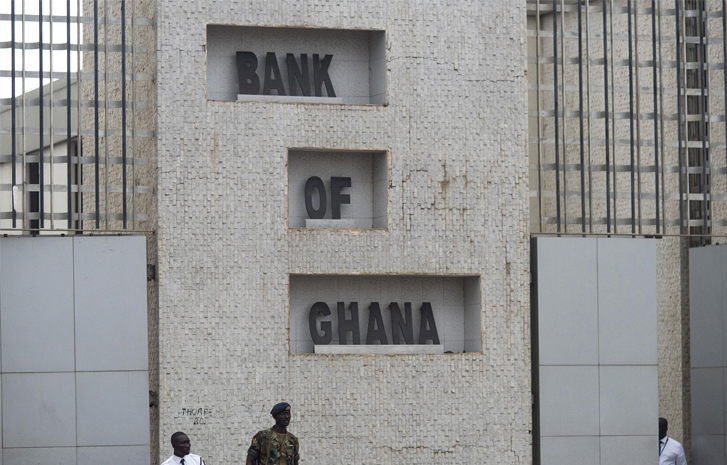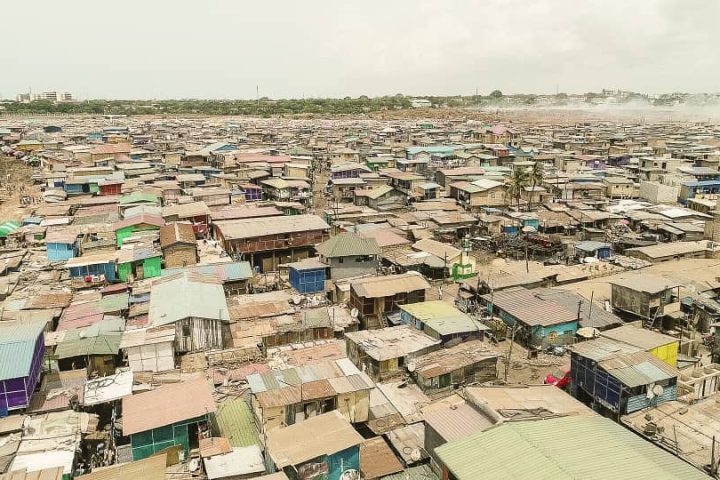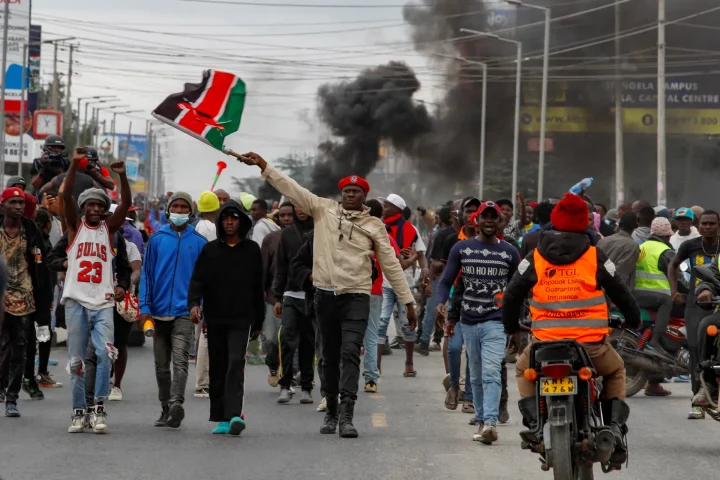The Bank of Ghana is expected to wrap up its series of interest rate hikes today, September 25th, as a substantial drop in inflation offers respite to the nation’s economy.
For three consecutive days, Accra, the capital of Ghana, witnessed impassioned demonstrations as hundreds of protesters gathered to voice their frustrations over the nation’s escalating economic hardships.
Join our WhatsApp ChannelThe protests, organized by Democracy Hub, have been marked by soaring living costs and a scarcity of job opportunities, causing significant concern among the populace.
According to a Reuters Poll, 12 financial analysts were quizzed in the preceding week, yielding diverse predictions for the outcome of the Bank of Ghana’s upcoming meeting.
While the majority, encompassing 10 of the analysts, anticipate that the central bank will maintain its current interest rates, two outliers have put forth contrasting proposals.
One analyst has advocated for an additional 150 basis point hike, while another has boldly suggested a rate reduction of 200 basis points.
READ ALSO: Ghana’s Economic Crisis Sparks Protests, Government Faces Pressure
Over the past two years, the Bank of Ghana has aggressively raised interest rates by an astounding 1,650 basis points in a spirited effort to combat soaring inflation.
The most significant contributor to this unexpected shift in the central bank’s stance is the recent plunge in Ghana’s headline inflation rate, which descended to 40.1% in August, marking a 10-month low and alleviating pressure on the institution to persistently augment borrowing costs.
Samuel Kobina Annim, the Government Statistician, unveiled the latest inflation figures, disclosing that the annual inflation rate had receded from 43.1% in July to its current 40.1%. The primary driver of this downturn in inflation, according to Annim, was the deceleration in food prices.
In particular, food inflation subsided from 55% in July to 51.9%, while non-food price growth dipped from 33.8% to 30.9%. Additionally, month-on-month data revealed a minute decrease of 0.2% in prices.
Commenting on the situation, Mike Kruiniger, a seasoned country risk analyst at BMI, remarked, “Ghana’s disinflation process returned in August, with price growth moderating. This will allow the Bank of Ghana to conclude its monetary tightening cycle at the September meeting.”
Emmanuel Ochayi is a journalist. He is a graduate of the University of Lagos, School of first choice and the nations pride. Emmanuel is keen on exploring writing angles in different areas, including Business, climate change, politics, Education, and others.

















Follow Us